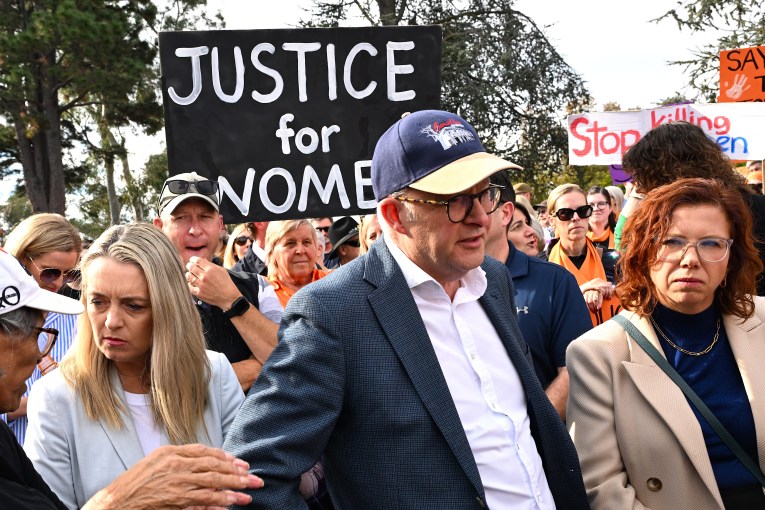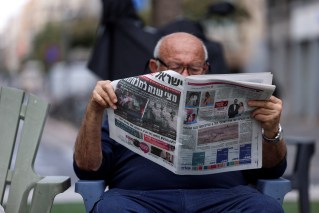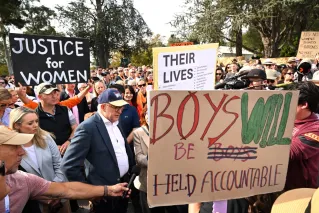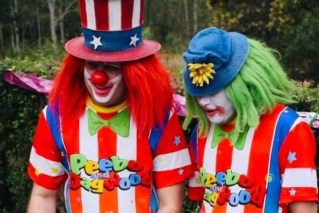No show without punch: Our troubling double standards around on-field violence
Why do we see a punch on the football field so differently to a punch off-field, writes Madonna King

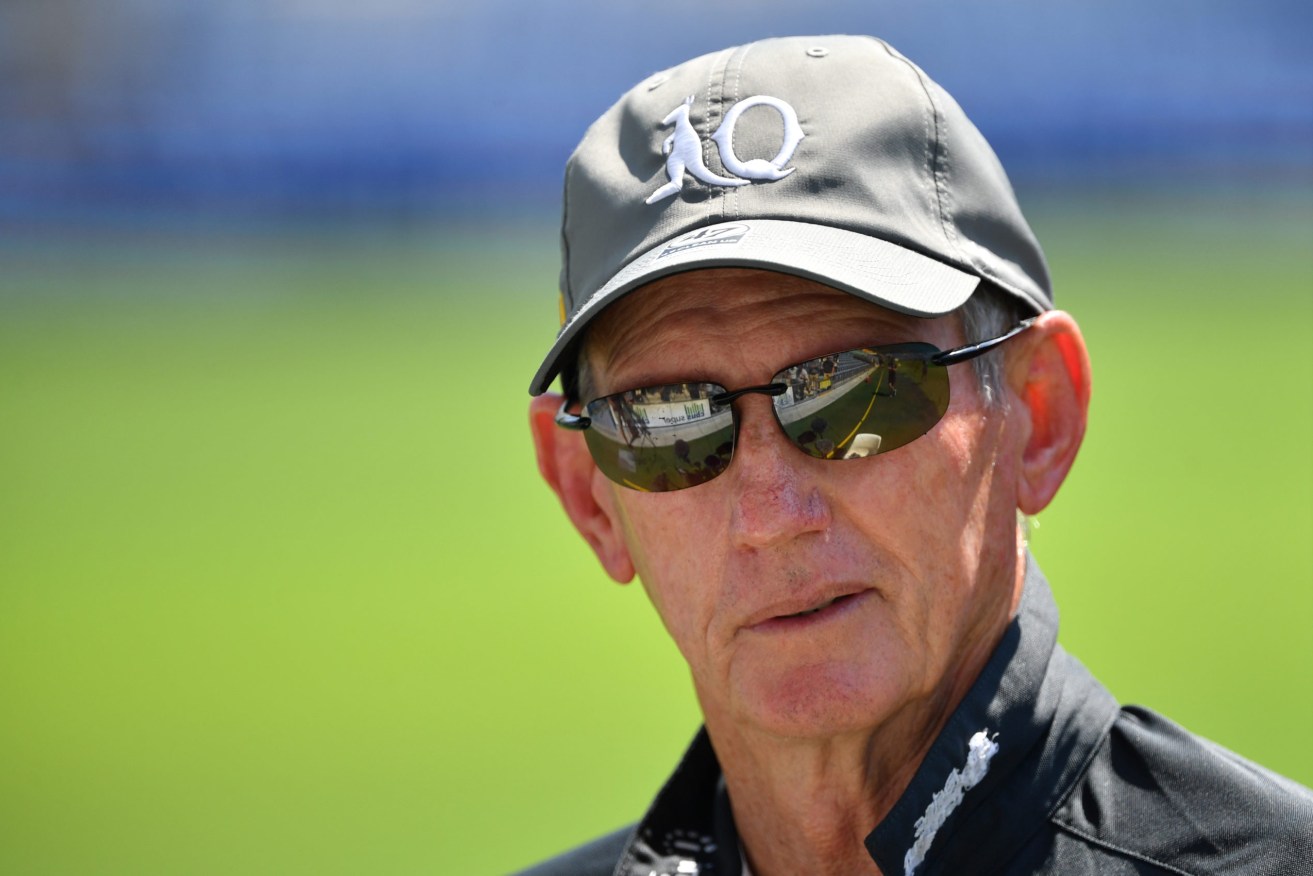
Queensland coach Wayne Bennett is seen talking to the media during the Queensland Maroons team training session at CBus Stadium on the Gold Coast. (AAP Image/Darren England)
Wayne Bennett might deserve all the accolades in the world for the Maroons on-field takedown of the Blues last night.
But his leadership in the off-field blue between Payne Haas and Tino Fa’asuamaleaui has been sorely lacking.
And it’s only one try short of appalling that he – and others – hasn’t been called out by those who publicly espouse the importance of a cultural change in how we see violence, on or off the footy field.
Today marks nine months since Hannah Clarke and her three gorgeous children were burnt alive by her jealous and possessive husband.
Tomorrow (Friday) is White Ribbon Day: a day devoted to preventing men’s violence against women; a day when we are all asked to stand up in our workplaces and schools and communities and speak out against gendered violence.
And in the time it takes you to read this column, police somewhere in Australia will be called out to at least three separate domestic violence disturbances.
But all week, in the lead-up to the Origin decider, the news has been about the need to bring back the Origin biff, and the likelihood of a physical showdown between players.
To seriously make an impact off-the-field, we’ve got to stop the mixed messaging that celebrates sporting leaders like Wayne Bennett publicly claiming Tino Fa’asuamaleaui shouldn’t take a step back if Payne Haas threw the first punch.
A former police officer, Bennett is lauded as one of the sport’s greatest coaches. He has a Medal of the Order of Australia, been inducted into the Sport Australia Hall of Fame, and a former Queensland Father of the Year.
Sure, he didn’t encourage a brawl, but he could have done so much more to discourage it. Instead, he admitted the biff had made Origin great, and blamed the media for beating up a rivalry between players.
And in doing that, he missed the opportunity to call out the behaviour we have spent millions and millions of dollars trying to eradicate.
Why do we see a punch on the field so differently to a punch off the field? Why is a black eye, in heated rivalry, on the field, less dangerous than one in the queue outside a nightclub?
Bennett’s not the only one; he just caused me the most disappointment. Over the last week, we’ve had a football team of former sports stars lobbying for an on-field biff, including Jeff Fenech, an Australian boxing legend, saying it had less to do with violence and more about proving you would bleed for your state.
Others have been no better, arguing that a couple of punches doesn’t make a brawl, and that a bit of “slap and tickle’ doesn’t hurt anyone.
Just after the Maroons walked off with the trophy last night, police reported a man had died north of Brisbane after yet another one-punch altercation.
So how does what we see on-field fit with the millions and millions of dollars spent each year combatting violence?
How does it fit with the One Punch Can Kill campaign to stop violence in the Valley?
How does it fit with the message being delivered in schools about how our sons should act?
“There is an ugly side to State of Origin,’’ one listener told Rebecca Levingston on ABC Radio Brisbane yesterday morning. “My daughter is an emergency physician and sees the ugly side.’’ Violence, she said, was part of that. “We must condemn these kinds of behaviour and educate people about the downside of games.’’
“My son is 15 and referees young junior games,’’ another said. “This past season 12-year-olds started fighting and he had to end the game early. A parent was revving them up and disputing calls made for safety. It starts early.’’
Another pointed to hypocrisy, where tennis star Novak Djokovic was suspended when a ball he hit in anger accidentally hit a line judge – which was not a targeted blow. “Why are our NRL players only given 10 minutes off the field for a deliberate punch then allowed back on like nothing happened?’’
It’s a question we – and the NRL – need to answer.
I love league as much as the next Queenslander. But last night, the beers and the pies at my house just didn’t carry the same taste.
